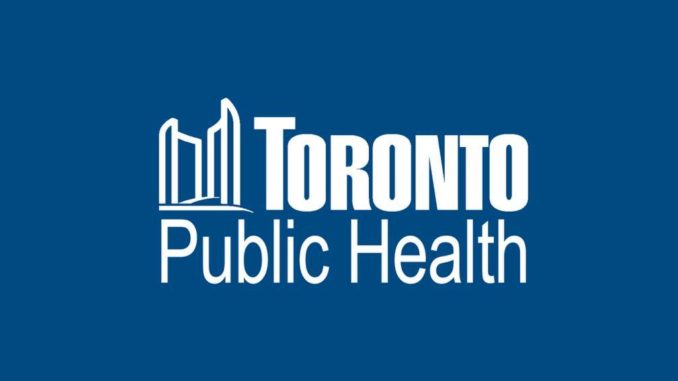
As of this morning, one newly-suspected case of monkeypox has been reported to Toronto Public Health (TPH). The total number of confirmed cases remains at one, probable cases are now at two and there are five suspected cases. These individuals with probable and suspected cases are undergoing laboratory testing to confirm if they have the virus and are currently recovering at home.
A probable case of monkeypox is defined as a person with signs and symptoms of the virus including a rash and contact with a confirmed or probable case, travel to a region where a confirmed case has been detected or exposure to an infected animal. Individuals lacking an epidemiological link but with the required signs and symptoms including the rash are classified as suspected cases.
Monkeypox is a rare disease caused by a virus that is normally found endemic in central and western Africa. It was first identified in monkeys, but its origins remain unknown. Symptoms include fever, headache, muscle aches, exhaustion, swollen lymph nodes and a rash that often appears within a few days after symptoms begin and starts on the face and spreads to other parts of the body. Most people recover on their own without treatment.
Monkeypox spreads through contact with body fluids such as fluids from the monkeypox sores, contaminated clothing or bedding, or through respiratory droplets following prolonged face-to-face contact. It can also be spread through bites or scratches from infected animals. Anyone, regardless of sexual orientation, can spread monkeypox through contact with body fluids, monkeypox sores or by sharing contaminated items. Common household disinfectants can kill the monkeypox virus.
While monkeypox does not generally spread easily between people, because it has now been detected in Toronto, residents should be aware of the virus’ symptoms described above. TPH is asking residents who have these signs and symptoms to report them to their health care provider as soon as possible. Close contacts of people suspected or confirmed to have a monkeypox infection are advised to self-monitor for symptoms for 21 days after their last exposure. If symptoms develop, they should self-isolate, seek care and get tested. Health care providers are reminded that individuals suspected of monkeypox infection must be reported to Public Health Ontario. As with many other diseases spread through close contact, people can lower their risk by maintaining physical distance, frequent hand washing and respiratory hygiene, including masking.
A number of countries have documented clusters of cases of the monkeypox virus infection, including the United States and Canada. To date, Quebec has reported lab-confirmed cases and suspected cases. Monkeypox is transmitted through prolonged face-to-face contact or body contact with an infected individual, even before the onset of symptoms.
TPH continues to follow up with anyone thought to be exposed to monkeypox. TPH also continues to work closely with the Public Health Agency of Canada, Public Health Ontario, and the Ontario Ministry of Health. TPH has communicated with local physicians to provide information on symptoms, laboratory testing and diagnosis, infection control precautions, treatment and reporting requirements for monkeypox.
More information about monkeypox is available on the City of Toronto’s Monkeypox webpage: https://www.toronto.ca/communi
Residents can also find information about monkeypox on the Public Health Agency of Canada’s website (www.canada.ca/en/public-healt
SOURCE City of Toronto

Leave a Reply